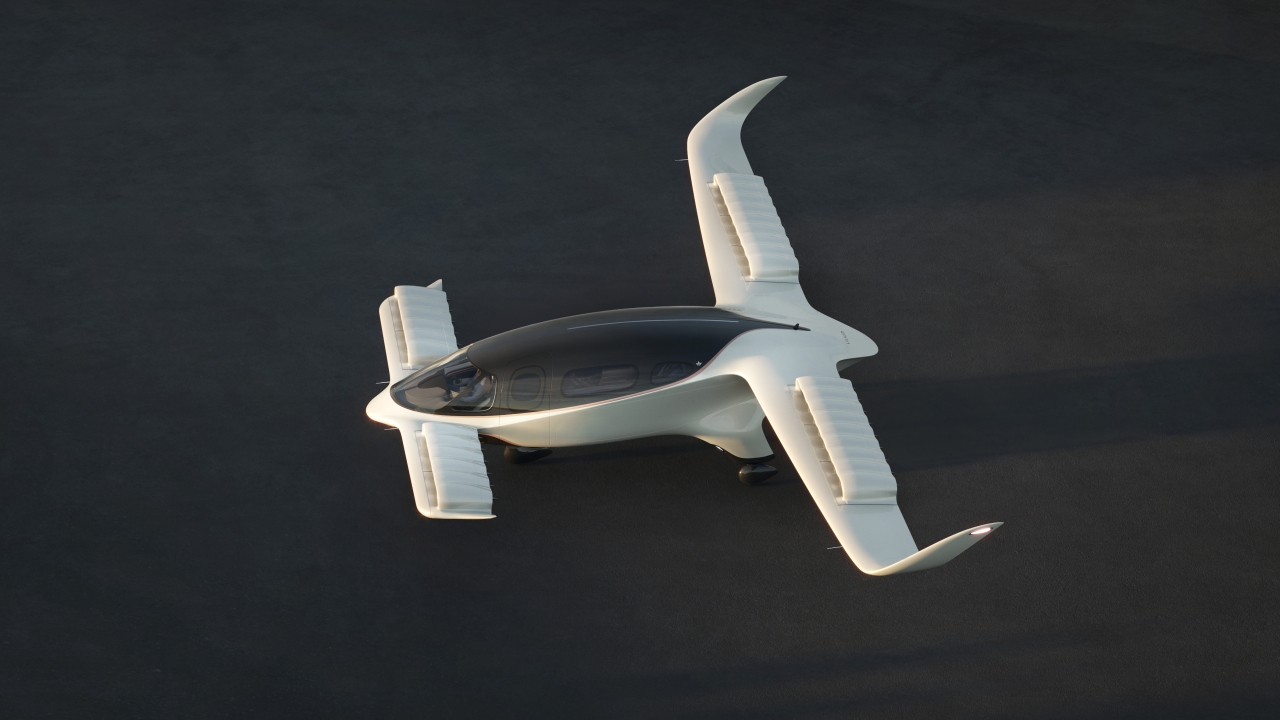Zambia on course for air ambulance service
The Zambia Air Force (ZAF) and Zambian Ministry of Health have agreed to partner in establishing a national air ambulance service using a dedicated emergency response aircraft, writes Jon Lake.

ZAF commander, Lieutenant General David Muma, announced that the air force planned to establish the air ambulance during the first quarter of 2019, starting operations as soon as possible. He said the ZAF had already made headway in putting what he called “appropriate infrastructure” in place.
No announcement has been made as to whether a fixed-wing aircraft or a helicopter will be assigned to, or procured for, the air ambulance role. It is possible that an existing air force aircraft – perhaps a Harbin Z-9 helicopter – could be used, at least initially.
These plans are strongly supported by Zambia Minister of Health, Chitalu Chilufya, who presented the air force with a road ambulance donated by his ministry after the announcement.
The minister and the ZAF commander believe that an air ambulance will be critical for achieving a quick response to medical emergencies across all parts of the country, and acknowledge that reducing response times will save lives in the event of emergencies and accidents, and even when responding to home emergencies within towns and townships.
The Zambian Government is committed to strengthening healthcare systems across the continuum of care, including the development of human capital and traditional infrastructure. It is also driving forward a pioneering universal health coverage agenda, enhancing service delivery to all Zambians – leaving no-one behind.
The ZAF has partnered with the government in this process, and the
minister thanked the air force for its continued support in enhancing healthcare service delivery at all levels, promising to improve the supply of drugs and medical personal in ZAF-run hospitals, which also serve surrounding communities.
The ZAF commander stressed the need for the government and air force to improve and strengthen their collaboration, and suggested that this could include the provision of ‘flying doctor’ services and the creation of more specialised mobile clinics – especially in more far-flung parts of the country.
Stay up to date
Subscribe to the free Times Aerospace newsletter and receive the latest content every week. We'll never share your email address.

